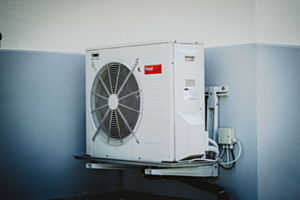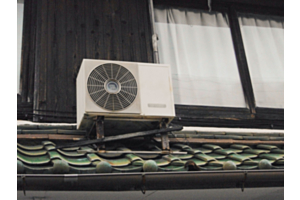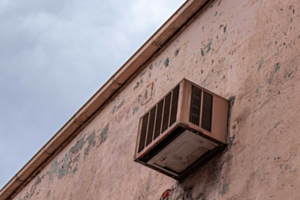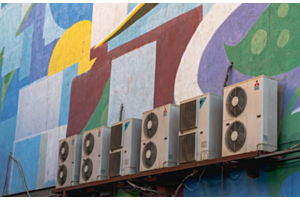Monthly Archives: April 2023
-
April 25, 2023
Today, you can’t afford to forego paying attention to your carbon footprint. More so than ever, everyone has to do their part to preserve our planet for future generations.
As you’ve assessed how energy efficient your household is, you’ve landed upon your heating and cooling systems with much disdain. These units are energy-suckers. You’re considering switching to a ductless mini split system, but will that make a difference in the size of your carbon footprint?
The answer is yes, without a doubt.
You’ve begun to recognize that your HVAC units hog up energy. You see it every month on your utility bills. If you run the heat religiously throughout the winter and then never miss a summer’s day with your air conditioner, you rarely get a break from high utility bills.
Traditional HVAC is inefficient the older it is because it simply lacks the technology to be a green heating or cooling solution.
However, even if you own a brand-new heater or air conditioner,
-
April 18, 2023
When the last wisps of autumn vanish and winter makes its debut, you largely hide away inside. You don’t have to worry about maintaining the lawn this time of year or raking up leaves. What about your ductless mini split? Do you need to cover that, or is it okay to leave it exposed for the winter?
While you don’t have to cover your mini split, per se, it’s for the unit’s longevity that you do.
A mini split cover for the exterior compressor will protect it from the elements. Even though you should have gotten the compressor installed with some degree of overhead cover, that doesn’t mean snow can’t fall atop it or blow in from the sides.
Snow can potentially seep into the compressor depending on the unit’s design. That can affect how the coolant in the compressor functions, which means you might experience fluctuations in your mini split’s performance.
Even with a cover, snow can still accumulate atop the compressor, but there’s less risk of the snow
-
April 11, 2023
You’re displeased with your current heating and cooling system. It’s old, inefficient, barely keeps the house at the right temperature, and you spend so much money on your utility bills every month.
However, the thought of adding ductwork gives you conniptions. What are your options?
If you want to heat and cool your home without installing any additional plumbing or ductwork, you need a ductless mini split system.
As the name suggests, a mini split system uses no ductwork whatsoever. The installation process is exceedingly simple, as a mini split system requires few components.
Outdoors, a compressor connects via copper wire to one or more indoor air-handling units. The compressor is a small unit, much more so than a central air conditioner, and goes on a concrete slab. The indoor units are smaller still, and you can get them installed in many places in a room, such as lower near the floor or higher by the ceiling.
The copper wire between the two
-
April 04, 2023
Whether you’ve moved into a starter home you know you someday want to sell, or you’re a long-term homeowner obsessed with the small details, home value drives a lot of an average homeowner’s decisions.
Should you get an in-ground pool installed in the backyard? Is it really going to be such a big deal if you cut down that tree in the front yard? What about if you expand the house?
Even smaller household changes can influence your property’s curb appeal. That has you wondering, should you switch out your traditional HVAC units and upgrade to a ductless mini split instead? Will that devalue your home or increase its value?
A ductless mini split system will improve your home’s curb appeal. Here’s why.
Better Energy Efficiency
Energy efficiency is a top priority for everyone nowadays as we all try to do our part for a healthier, longer-lasting planet. A homebuyer who sees your mini split system versus






